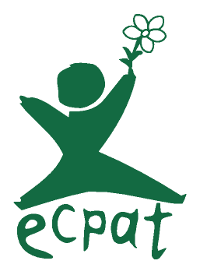 3,000 to 3,500 unaccompanied foreign minors (UFM) entered the Belgian territory in 2015. In 2014, they were 1,700. An estimate given during the press conference of the Platform Minors in exile on the 21th of October. “The UFM tend to be younger and younger” explained Katja Fournier, coordinator of the Platform Minors in exile. These children, coming mainly from Afghanistan, Syria, Iraq and Somalia, are often exploited and tortured along their road to Europe. However, on the 9th of October, only 16 places remained in Fedasil reception centers. The Platform estimates that 120 to 150 new places by month are needed by the end of 2015 to take care of these children. The need for political actions is urgent, regarding the risk of exposing these children to new exploitations: forced labour, mendacity, prostitution, etc.
3,000 to 3,500 unaccompanied foreign minors (UFM) entered the Belgian territory in 2015. In 2014, they were 1,700. An estimate given during the press conference of the Platform Minors in exile on the 21th of October. “The UFM tend to be younger and younger” explained Katja Fournier, coordinator of the Platform Minors in exile. These children, coming mainly from Afghanistan, Syria, Iraq and Somalia, are often exploited and tortured along their road to Europe. However, on the 9th of October, only 16 places remained in Fedasil reception centers. The Platform estimates that 120 to 150 new places by month are needed by the end of 2015 to take care of these children. The need for political actions is urgent, regarding the risk of exposing these children to new exploitations: forced labour, mendacity, prostitution, etc.
Copyright ECPAT Belgique « Stop à l’exploitation sexuelle commerciale des enfants »


